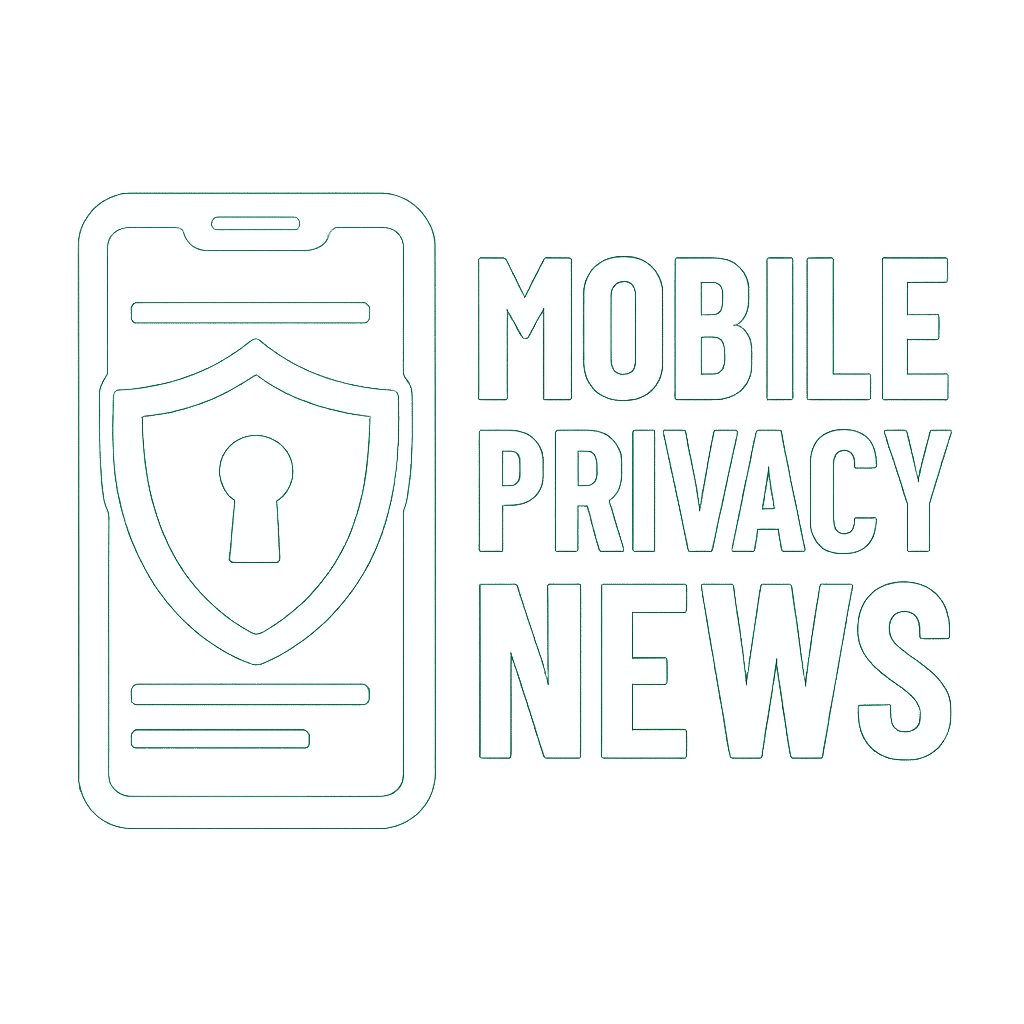When you install a mobile app, you’re often granting more than just access—you’re giving away your personal data. Behind the scenes, a multi-billion dollar industry of data brokers is actively trading, analyzing, and selling your information. Welcome to the hidden economy of mobile privacy violations.
📊 What Are Data Brokers?
Data brokers are companies that collect personal information from various sources—apps, websites, public records—and resell it to advertisers, insurers, or even governments.
These entities don’t create products. You are the product.
What They Collect:
- Your name, email, phone number
- Location history and travel patterns
- Purchase history and financial activity
- App usage behavior and screen time
- Health, fitness, and sleep data (from wearables)
🧩 How Your Data Is Collected
Many seemingly harmless apps on your phone are embedded with third-party SDKs (Software Development Kits). These SDKs allow advertisers and analytics companies to track what you do—even outside the app itself.
Common Sources of Data Collection:
- Free mobile games
- Flashlight or battery-saver apps
- Social media and dating apps
- Health and fitness trackers
- Keyboard apps
Even if you never open the app, some continue to collect data in the background.
📰 Recent Privacy Scandals (2024–2025)
1. Weather App Scandal
A popular weather app with over 100 million downloads was exposed for selling location data to law enforcement agencies without user consent.
2. Keyboard App Leak
A free Android keyboard app was found to be storing keystrokes, including sensitive login credentials and messages, on unsecured servers in China.
3. Data Broker Crackdown in Europe
The EU fined three major data brokers over €500 million for violating GDPR by tracking users across different apps without proper consent.
🛡️ How to Spot a Dangerous App
Before downloading, ask yourself:
- ❓ Does it request unnecessary permissions (e.g., location for a calculator)?
- ❗ Is it loaded with ads and pop-ups?
- 🤔 Does it come from a developer with limited history or poor reviews?
- 🔍 Has the app been mentioned in privacy watchdog reports?
Use platforms like PrivacyGrade.org to check an app’s data practices.
🔐 How to Take Back Control
🔄 Switch to Open-Source Alternatives:
- Messaging: Session instead of WhatsApp
- Browsers: Firefox Focus, Brave, or Tor Browser
- Maps: Organic Maps instead of Google Maps
- Notes: Standard Notes instead of Evernote
👁️ Use Tracker Blockers:
- Install Blokada or RethinkDNS
- Use Android’s Private DNS feature with secure DNS providers like Cloudflare (1.1.1.1)
🔎 Regularly Audit App Permissions:
- Go to your phone’s settings → App Permissions
- Revoke anything that doesn’t make sense
- Disable background data for apps you don’t trust
📣 Final Thought
The war on mobile privacy isn’t won with one app or setting—it’s an ongoing fight. The more aware you are of how your data is being used and sold, the more power you have to protect yourself.
Stay vigilant. Stay private. And remember: If an app is free, you’re not the customer—you’re the product.







